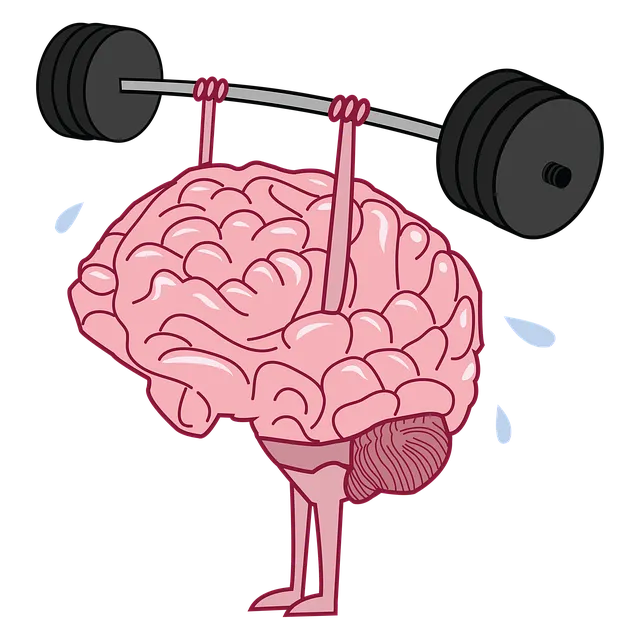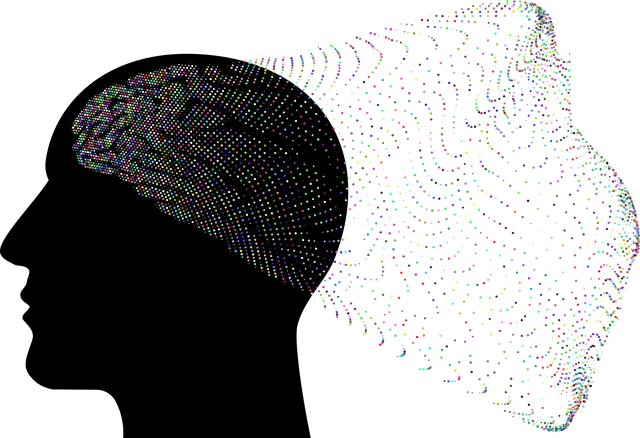Kaiser in Highlands Ranch offers a comprehensive mental wellness program combining clinical care with preventative strategies, focusing on individual and community well-being. Their evidence-based approach includes empathy building, social skills training, journaling exercises, and trauma support services. Evaluating success through multi-faceted methods like surveys, interviews, and biological markers ensures the program's effectiveness in enhancing mental health outcomes for residents.
Highlands Ranch residents now have access to enhanced mental wellness programs, with notable providers like Kaiser offering specialized services. This article delves into the evaluation methods used to assess these programs’ effectiveness. We explore Kaiser’s approach to mental health services and present key tools and metrics for measuring success. Understanding how these programs are evaluated is crucial for identifying areas of improvement and ensuring optimal support for community well-being in Highlands Ranch.
- Understanding Mental Wellness Programs in Highlands Ranch
- Kaiser's Approach to Mental Health Services
- Evaluation Methods for Effective Program Assessment
- Measuring Success: Tools and Metrics for Improvement
Understanding Mental Wellness Programs in Highlands Ranch

In Highlands Ranch, mental wellness programs play a pivotal role in fostering healthy minds and improving overall well-being. Kaiser, a prominent healthcare provider, offers a range of services tailored to meet the unique needs of the community. These programs often include innovative approaches such as Empathy Building Strategies, designed to strengthen connections and promote understanding among individuals. By encouraging active listening and perspective-taking, these strategies enhance social interactions and create a supportive environment.
Highlands Ranch residents also benefit from Social Skills Training, which focuses on teaching effective communication and conflict resolution techniques. Additionally, Mental Wellness Journaling Exercises offer guidance for individuals looking to process their thoughts and emotions in a structured manner. These exercises encourage self-reflection, helping participants develop coping mechanisms and cultivate resilience. Through these comprehensive initiatives, the community takes proactive steps towards a happier and healthier future.
Kaiser's Approach to Mental Health Services

In Highlands Ranch, Kaiser offers a comprehensive mental health services program that integrates clinical care with preventative strategies. Their approach prioritizes holistic wellness, focusing on both individual and community well-being. By combining evidence-based treatments with patient-centered care, Kaiser aims to address the unique mental health needs of their population. This includes a strong emphasis on burnout prevention among mental health professionals, recognizing the impact of stress and fatigue on service delivery.
Kaiser’s program also incorporates risk assessment tools to proactively identify individuals at higher risk for mental health issues. This proactive approach ensures timely intervention and support, especially in cases of trauma. Trauma support services are an integral part of their care model, providing specialized resources for those who have experienced adverse events. Through these initiatives, Kaiser strives to create a supportive environment that fosters resilience and promotes long-term mental wellness for all its members in Highlands Ranch.
Evaluation Methods for Effective Program Assessment

Highlands Ranch residents wondering “Does Kaiser offer mental health services?” can find comprehensive support through various evaluation methods. Assessing the effectiveness of mental wellness programs involves a multi-faceted approach, ensuring that initiatives like mental wellness journaling exercises and mental health education programs design are not only reaching their intended audience but also making a tangible impact on individual well-being. One key method is qualitative assessment, which includes surveys, interviews, and focus groups to gather insights from program participants about their experiences and perceived benefits.
Quantitative measures, such as tracking participation rates, service utilization data, and even biological markers where relevant (like reduced stress levels or improved sleep), provide hard numbers to evaluate success. Additionally, comparing outcomes with control groups or baseline measurements before the program begins can offer compelling evidence of depression prevention efforts’ efficacy. By combining these evaluation methods, Kaiser in Highlands Ranch can gain a holistic understanding of their mental health services’ strength and areas for improvement, ultimately enhancing overall program guidance and community mental wellness.
Measuring Success: Tools and Metrics for Improvement

Measuring success is a critical component of any mental wellness program evaluation. To accurately assess the impact and effectiveness of programs, Kaiser in Highlands Ranch utilizes a multifaceted approach that includes both qualitative and quantitative metrics. Qualitative tools such as participant feedback forms and focus groups provide valuable insights into individuals’ experiences, allowing for an understanding of personal growth and perceived improvements in mental health. These methods enable direct communication with program beneficiaries, capturing their unique perspectives on the services offered.
Quantitative measures, including surveys and statistical analysis of treatment outcomes, offer a data-driven perspective. Metrics such as reduction in symptoms, improved mood scores, and increased resilience building can demonstrate the overall success of the programs. For instance, Kaiser’s mental health services in Highlands Ranch often focus on fostering positive thinking and cultural sensitivity in mental healthcare practice, using metrics to track progress in these areas is essential for continuous improvement. By combining qualitative and quantitative data, Kaiser ensures that their mental wellness programs meet the diverse needs of their community while striving for excellence in mental healthcare delivery.
Highlands Ranch residents now have access to comprehensive mental wellness programs, with Kaiser providing leading mental health services in the area. Evaluating these programs is crucial for ensuring their effectiveness. By utilizing a combination of qualitative and quantitative methods, as discussed in this article—from understanding local needs to measuring success through specific metrics—we can assess and improve mental wellness initiatives. This strategic approach, inspired by Kaiser’s comprehensive model, enables us to foster a healthier community where mental well-being is prioritized and supported.


